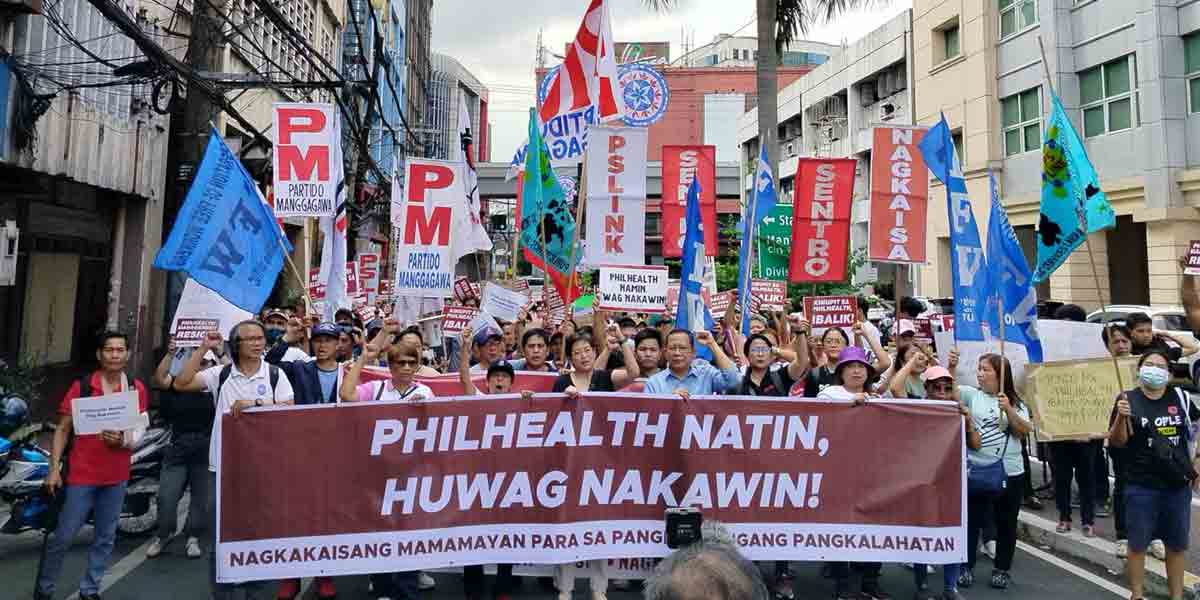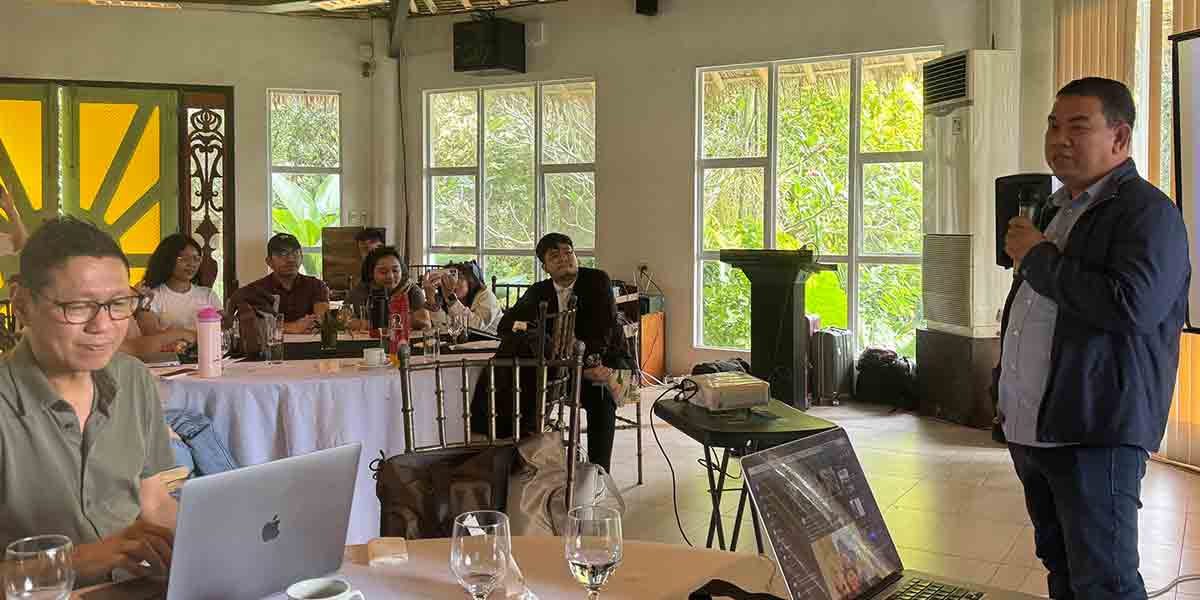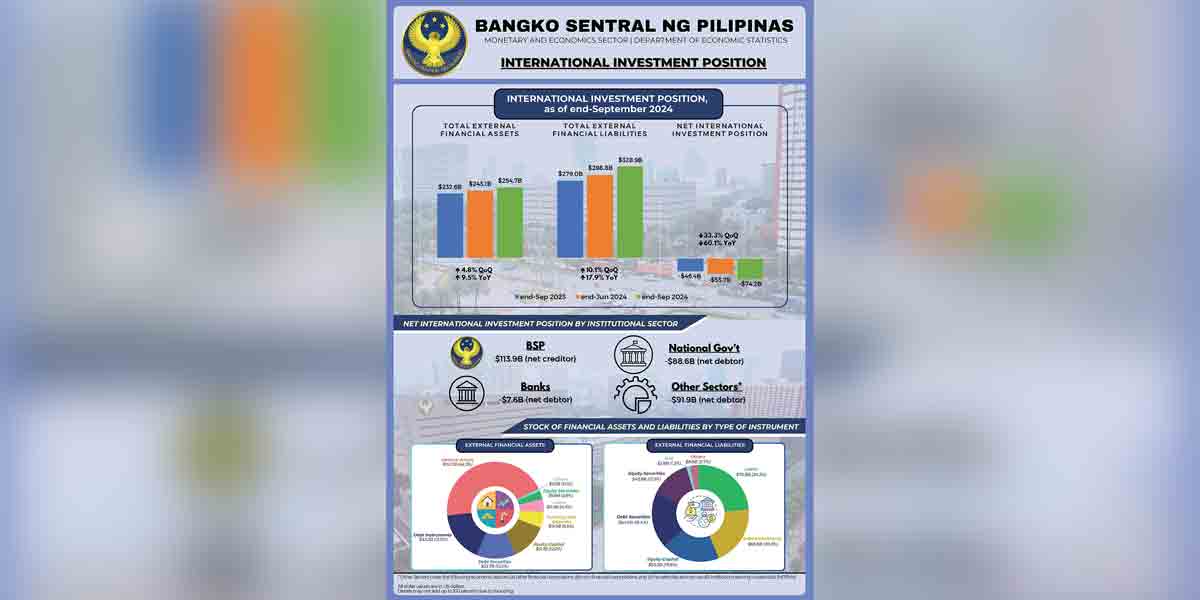
By Francis Allan L. Angelo
Truth-telling is both a right and responsibility of every Filipino. And the responsibility to tell the truth is the onus of the government.
This is what former Chief Justice Ma. Lourdes Sereno stressed in the last leg of the Media and Information Literacy forum initiated by Rappler and its citizens’ engagement arm MovePH last February 17.
Sereno’s talk focused on “How to exact accountability through truth-telling.”
Speaking to mostly students around the country, Sereno laid down the constitutional basis for truth-telling as spelled out in the Preamble of the 1987 Constitution.
“We have a vision-mission statement which is in the Preamble. It is our right and responsibility to build a just and humane society. That task is imbued in our government which borrowed its power from the people,” Sereno said.
The former chief magistrate zeroed in on truth-telling by citing that the government was established by the people to bring “the blessings of independence and democracy
under the rule of law and a regime of truth, justice, freedom, love, equality, and peace.”
“We want a government that embodies not just the best of us but also truthful,” she added.
It is in this context that taking the government to account for its actions is vital, especially in telling the truth.
“In Southeast Asian culture, we love and respect persons in authority. But if we don’t exact accountability, we cannot protect ourselves. Dapat panagutan, ginawa mo panagutan mo,” Sereno said.
Failure to be aware and knowledgeable will result in a slew of social problems, she added.
“If we are not aware and knowledgeable, we have the drug war, government using violence to solve crime. Poverty and hunger, political corruption leading to insurgency and extremism. We will also have injustice and weak democratic institutions, geopolitical problems with China, sexual harassments in home, overseas Filipino workers coming home dead or maltreated, and environmental exploitation.”
The negative effects of a reactive government were also visible at the height of the COVID-19 pandemic which resulted in nutrition and mental health problems.
“All these problems are due to our inability to exact accountability. It is our responsibility to make sure that these problems do not worsen. Government must be afraid of betraying public trust. Truth is imprinted in people because of God. If someone tells untruth, he or she might have no belief in God or is gradually suppressing God,” Sereno said.
She cited questions levelled at government projects and programs like the Maharlika Investment Fund which was patterned after sovereign wealth funds of more developed economies.
Sereno said asking for clarity in the MIF is a way to protect the country’s future.
“For government projects like MIF, what if we commit mistakes and the economy or BSP (Bangko Sentral ng Pilipinas sinks? It will be a bleak economic future for us.”
Sereno stressed that while the public has the power to demand accountability from government, the latter has the heavier responsibility to be truthful and trustworthy.
“Public office is not material possession but a public trust. The Constitution says public officers must always be accountable. It is automatic and there is no need for public demand because it is part of their oath of office.”
What can be done to hold people in government accountable?
Sereno said several government institutions are tasked to protect the truth like the courts that hear libel and damage suits.
With disinformation being fomented and spread on the internet at lightning speed, Sereno said several government agencies can regulate social media platforms to promote truth.
She pointed to the Department of Communications Technology, National Telecommunications Commission, National Privacy Commission, Securities and Exchange Commission, and Department of Science and Technology as among these regulatory agencies.
Sereno also lamented the problem of historical distortion in the country’s educational system, particularly the Tallano gold myth that was used to explain the Marcoses’ wealth; and the Maharlika origins of the country, another myth that was used to glorify the regime of the late dictator Ferdinand E. Marcos, father of the incumbent President Ferdinand R. Marcos Jr.
Agencies such as the Department of Education, Commission on Higher Education, National Historical Commission of the Philippines, and National Commission for Culture and the Arts have the duty to promote to truth as spelled out in the charter.
“They must promote accuracy and truth, not propaganda. There is no education if it is not founded on truth.”
Sereno said Republic Act No. 10368 (Human Rights Victims Reparation and Recognition Act of 2013) created the Human Rights Violations Victims’ Memorial Commission to memorialize the stories of the Martial Law rule under the first Marcos administration.
“It is their duty to pursue with schools the memorialization of the stories of the victims of Marcos’ martial law. Required sila and if they don’t do it with DepEd and CHED, they can be summoned to Congress and be held accountable,” she added.
The public can also demand from Congress to fund efforts to promote a free press and freedom of expression which are the foundations of truth-telling.
“If the preamble requires a regime of truth, it should always be there. Congress can do a lot to protect free press like increasing the legal bar to avoid lawfare or weaponization of the law against the press. Free press always sides with the people and it is important to transparency,” Sereno said.
The former chief justice said students should start asking how these agencies promote truth-telling to curb disinformation.
“Action need not only be on the streets. It can be through letter writing, editorials through student publications, and social media posts. It can be very respectful and cite the law that they have been violating. And how can you be sued if you cite the specific law and a specific incident? What’s important is the volume of noise and surge. The question is how do we start?” she added.

















